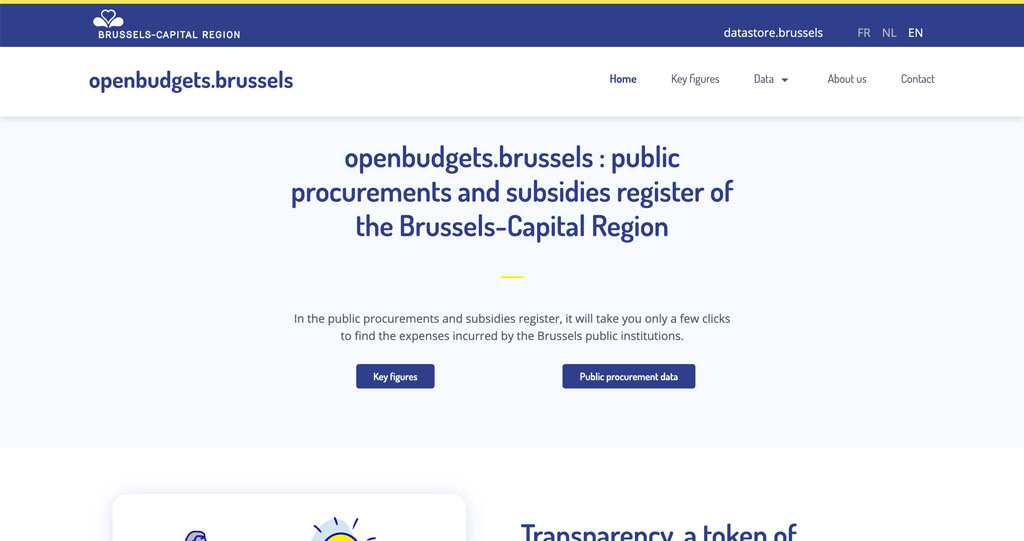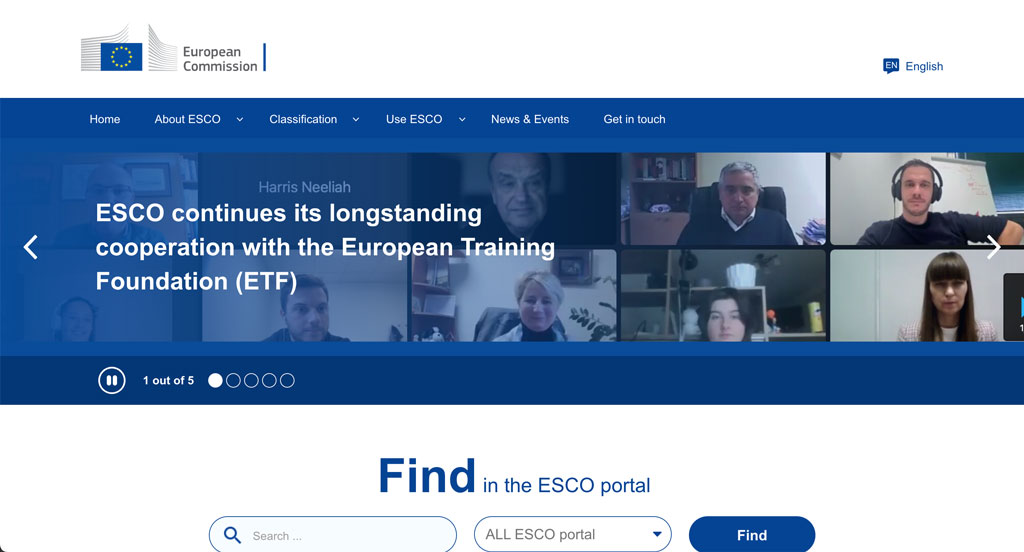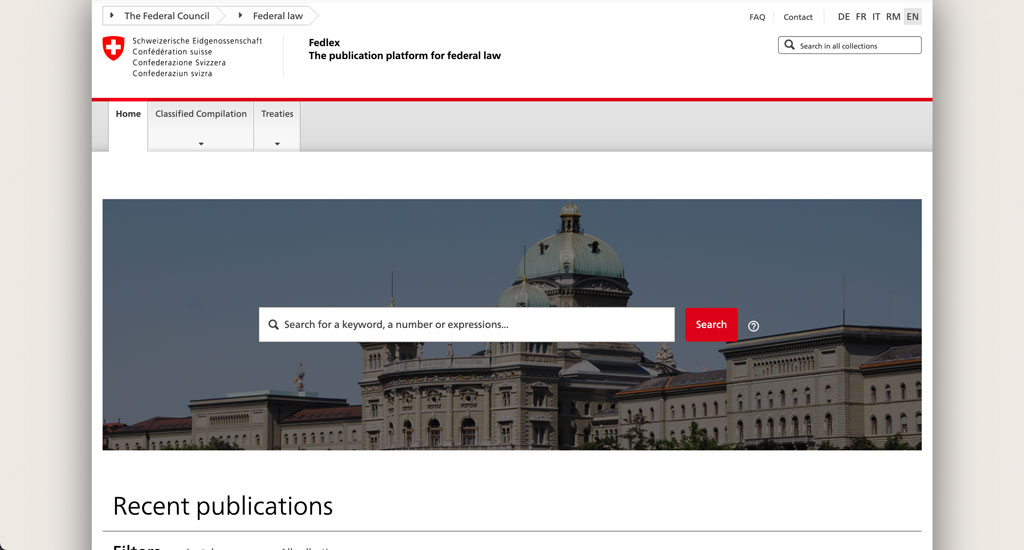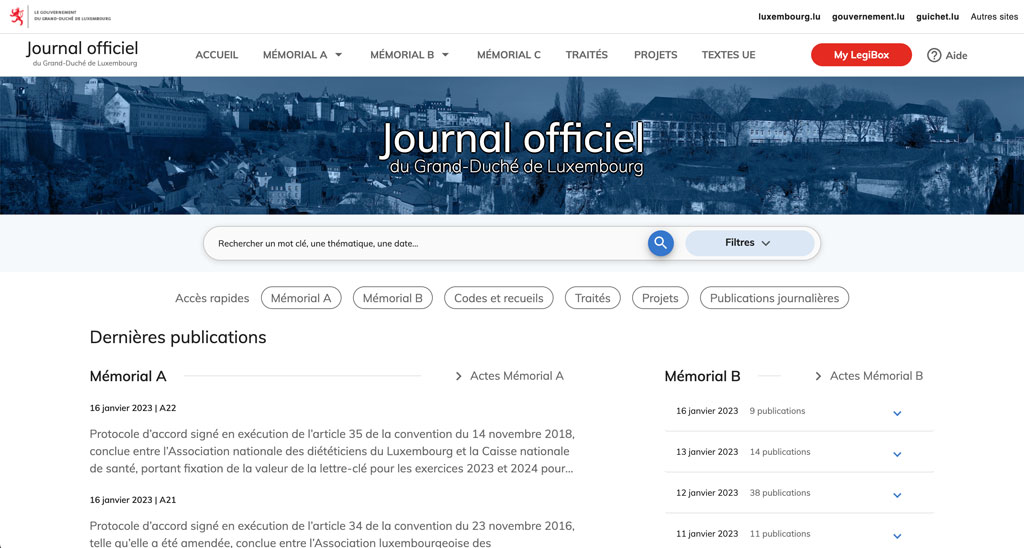Support data professionals and consumers discovering your data.

Your organisation’s data has a fundamental existence, yet its real value, usefulness and influence remain dormant until it is used and re-used by data professionals.
The power of data lies in its accessibility, comprehensibility and ease of use. It is essential to ensure that data is not just stored, but can also be discovered, interpreted and used.
By employing the Linked Data Publication process, we transcend the notion that data exists only when reused. This process aligns with open standards like RDF (Resource Description Framework) and HTTP (Hypertext Transfer Protocol), making data more accessible and understandable for both humans and machines.
As the volume of data will continue to increase and the sources to be diversified, it is essential to enable every data professionals to be more productive, helping them:
→ discovering which dataset exists, where it can be found, and where it comes from
→ understanding how data is produced, transformed and consumed across the organisation
→ identifying who is editing, creating data and managing ownership
→ figuring out how to use these datasets to test new hypotheses and generate new insights
A solution is to publish your data as openly as possible with the Linked Data Publication process to allow it to be linked and queried in a standard way.
This process describes and links data using open standards, including RDF (Resource Description Framework) and HTTP (Hypertext Transfer Protocol), making it more accessible for machines and humans to understand and navigate.
Its purpose is to simplify the integration and reuse of data from a wide range of sources, which will increase the value of the data and facilitate the creation of new applications and services.
Data is valuable only when it’s accessible and easily consumable.
Our Semantic Data Publication services are meticulously designed to empower data professionals and consumers, making your enterprise’s data discoverable, navigable, and securely accessible.
Unlocking the Value of Data
Your enterprise’s data holds immense potential if it can be readily discovered and understood by your data professionals. We enable data discovery, empowering professionals to identify datasets, their sources, usage, and management protocols.
Streamlining Data Usage
Our services facilitate the utilization of datasets for testing hypotheses and generating insights. We streamline access to datasets, ensuring that data professionals can leverage this information effectively.
Linked Data Publication
Utilizing the Linked Data Publication process, we transform data into RDF (Resource Description Framework) and HTTP-based formats. This process ensures data is machine-readable, comprehensible to both machines and humans and accessible for seamless integration across diverse systems.
Technologies for Data Linkage and Publication
We deploy various cutting-edge technologies for data linkage and publication, just to name a few:
RDF (Resource Description Framework)
RDF is a standard for representing data on the web-based on the idea of representing data as a set of triples, consisting of a subject, predicate, and object. These triples can be used to describe the relationships between entities.
Knowledge Graphs for enterprise
Knowledge Graph uses a model to extract and store data in databases specifically designed for storing and querying RDF data. It integrates and accesses information assets within an organization using data and metadata.
Hanami
Hanami is a data editor solution for data quality validation and lineage traceability of RDF data. It automates the creation of data models and data editing using SHACL.
Ontologies and Vocabularies
To enable data to be linked and understood consistently, it is important to use existing vocabulary and ontologies, such as DBpedia, schema.org, and FOAF, to describe the data and relationships between entities.
Elastisearch
For the implementation of powerful search engines, we use Elasticsearch which provides a distributed, multitenant-capable full-text search engine with an HTTP web interface and schema-free JSON documents. It is often used for web search, log analysis, and analyzing large data sets.
Custom Data catalog development
It is essential to use a performant data catalog to enable the discovery of the data. Based on our experience we can provide the best custom solution to provide a centralized location for publishing and discovering linked data with a performant search engine.
Data catalogs are key to achieving the benefits of data publication

Data catalogs are also crucial to creating a data-driven culture.
For example, for a company with several departments, a data catalogue allows any employee to use resources outside his or her usual sphere of knowledge, incorporating, with confidence, the work done and validated by others. Employees from different departments can share and compare data to create solutions and ideas that benefit everyone.
Another relevant example is data from a government agency that can be linked to data from a private company, enabling the creation of new services that would not be possible with data alone. Several governments have relied on Cognizone to create their ecosystem of applications for Linked Open Legislation: Fedlex, for the Federal Chancellery of Switzerland and Legilux for the Grand Duchy of Luxembourg are great examples of data from different sources being integrated and reused in innovative ways.
Unlock the Full Potential of Your Data
By adopting a data catalog, organizations can improve the accessibility, interoperability, and reusability of their data. However, publishing data online and developing efficient applications require many factors to be considered before you can be able to gain new insights and opportunities, and increase transparency and accountability.
We are very familiar with this type of challenge and thanks to our technical knowledge with a particular focus on semantic technologies we can provide you with the solutions to semantically link and share your data while providing safe access to it.
Some examples of Data Platforms and Catalogs we've implemented

Openbudgets.brussels
Openbudgets.brussels is the public procurements and subsidies register of the Brussels-Capital Region

Esco
Esco is a platform for the multilingual classification of European Skills, Competences, and Occupations


